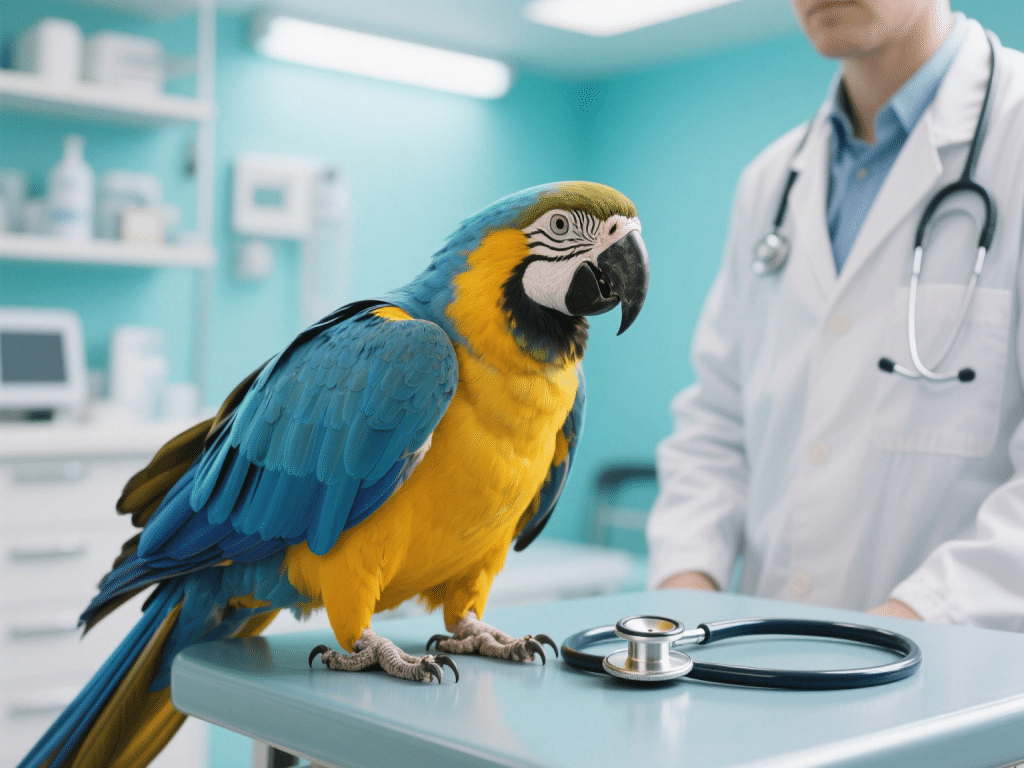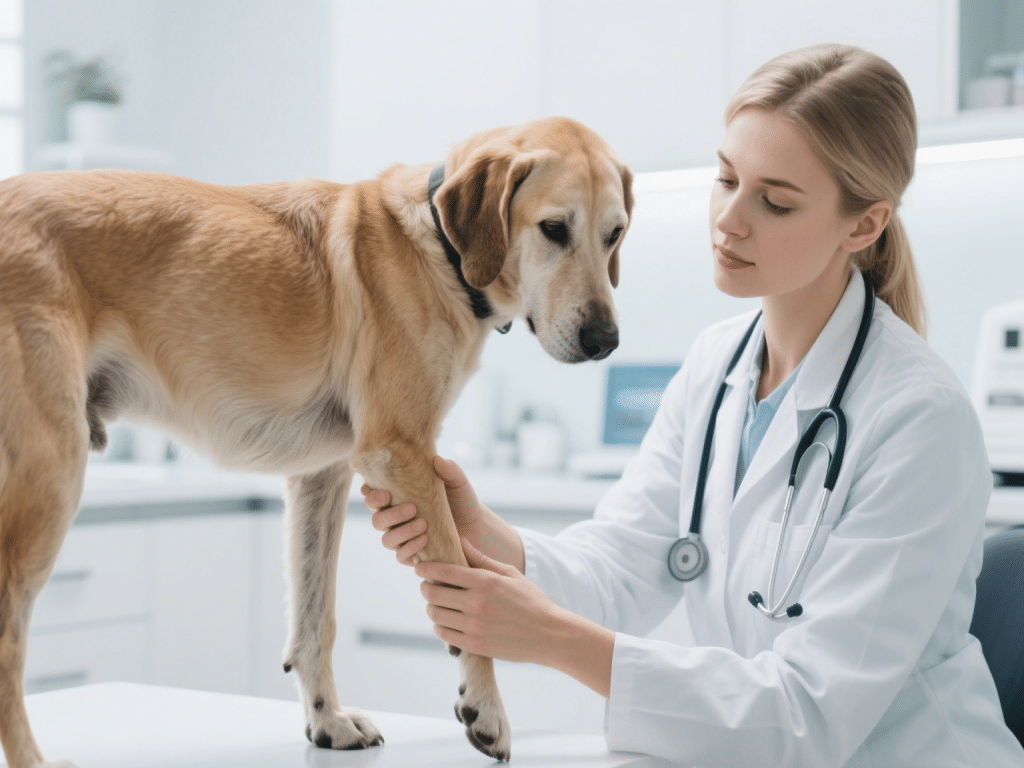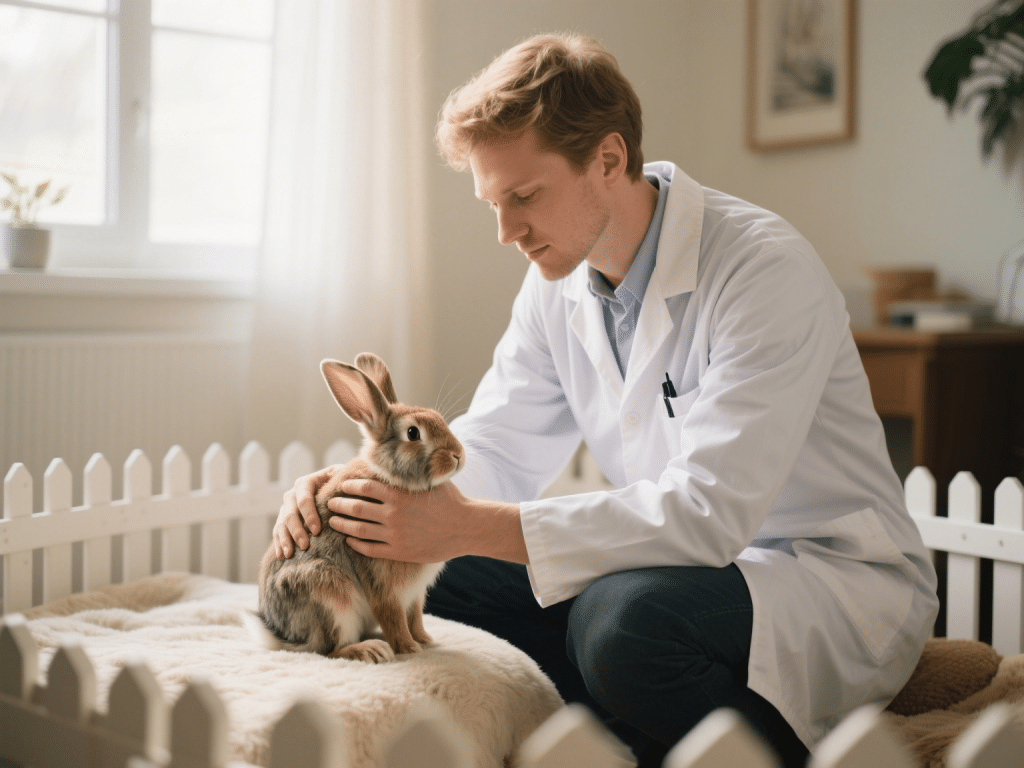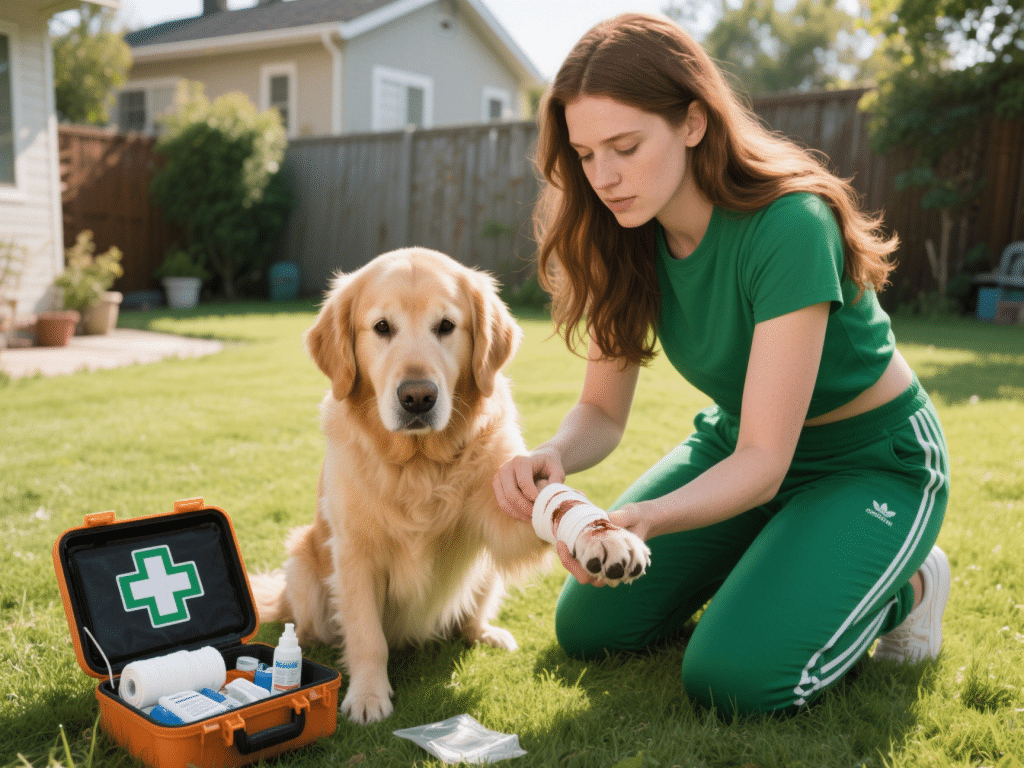
How to Tell If Your Dog Has Seasonal Allergies—and What to Do About It
As the seasons shift, so does the pollen count—and just like humans, dogs can suffer fro...

Pet birds are prone to a range of diseases—from nutritional imbalances to respiratory infections. Early detection and prevention dramatically improve outcomes. Drawing on decades of exotic‑animal practice, I’ve compiled a comprehensive health checklist, covering housing hygiene, dietary safeguards, and preventative veterinary care. By integrating this guide into your routine, you’ll empower yourself to spot subtle warning signs and take swift, effective action.
Conditions: Obesity, fatty liver disease, vitamin deficiencies
Prevention:
Follow the balanced diet plan from Article 7: high‑quality pellets, diverse fresh produce, controlled treats.
Supplement calcium with cuttlebone; monitor pellet brand rotations to avoid nutrient gaps.
Weigh weekly; a 5% weight change over two weeks warrants dietary adjustment or vet consultation.
Conditions: Psittacosis, aspergillosis, bacterial pneumonia
Prevention:
Maintain humidity between 40–60%; use a hygrometer.
Avoid drafts and aerosol sprays near cages.
Disinfect perches and toys weekly with bird‑safe disinfectant (quaternary ammonium compounds).
Observe breathing rate: >40 breaths per minute at rest indicates potential infection.
Conditions: Feather mites, lice, internal worms
Prevention:
Monthly cage cleanings; rotate toys through hot‑water soaking.
Use preventative spot‑on treatments prescribed by an avian vet every 6–8 weeks.
Offer diatomaceous earth dust baths in a shallow dish, ensuring it’s food‑grade and clump‑free.
Condition: Psittacine beak and feather disease virus (PBFD)
Prevention:
Quarantine new birds for 30 days with regular vet screenings (PCR tests).
Use disposable gloves and dedicated cleaning tools to prevent cross‑contamination.
Monitor feather quality: sloughing or malformed feathers signal immediate vet attention.
Conditions: Proventricular dilatation disease, bacterial enteritis
Prevention:
Ensure constant access to clean, fresh water; change water twice daily.
Rotate pellet brands biannually to prevent mold toxins.
Observe droppings daily: consistency, color, and urate morphology indicate digestive health.
Annual Exams: Comprehensive physical, blood panel, and droppings cytology.
Vaccinations: Where available (e.g., Newcastle disease in poultry mixes).
Emergency Protocol: Prepare an avian first‑aid kit—styptic powder, saline solution, syringe for fluid therapy.
Maintain a Health Journal: Log weight, droppings notes, behavioral observations, and environmental changes.
Photograph feathers and suspect areas weekly to detect subtle changes over time.
Schedule biannual cage deep‑cleans and veterinary wellness checks.
By rigorously implementing these preventative measures and maintaining vigilant daily monitoring, you’ll minimize your bird’s risk of disease and maximize their longevity. A proactive approach—combining optimized nutrition, environmental management, and professional veterinary support—ensures your feathered friend thrives in robust health and vibrant vitality.

As the seasons shift, so does the pollen count—and just like humans, dogs can suffer fro...

Rabbits possess open-rooted teeth that grow continuously—essential for their survival bu...

As our faithful companions age, arthritis can gradually erode their quality of life. Havin...

Rescue rabbits often carry trauma from past neglect or abrupt changes. My 8 years working ...

IntroductionWalking your dog should be an enjoyable bonding experience, not a tug-of-war. ...

Essential Dog First Aid Tips Every Pet Owner Should KnowAccidents and sudden illnesses can...
Comments on "Preventing Common Avian Diseases: A Comprehensive Health Checklist" :